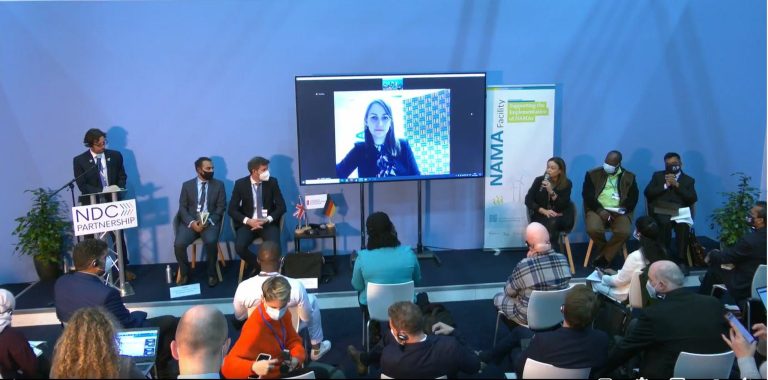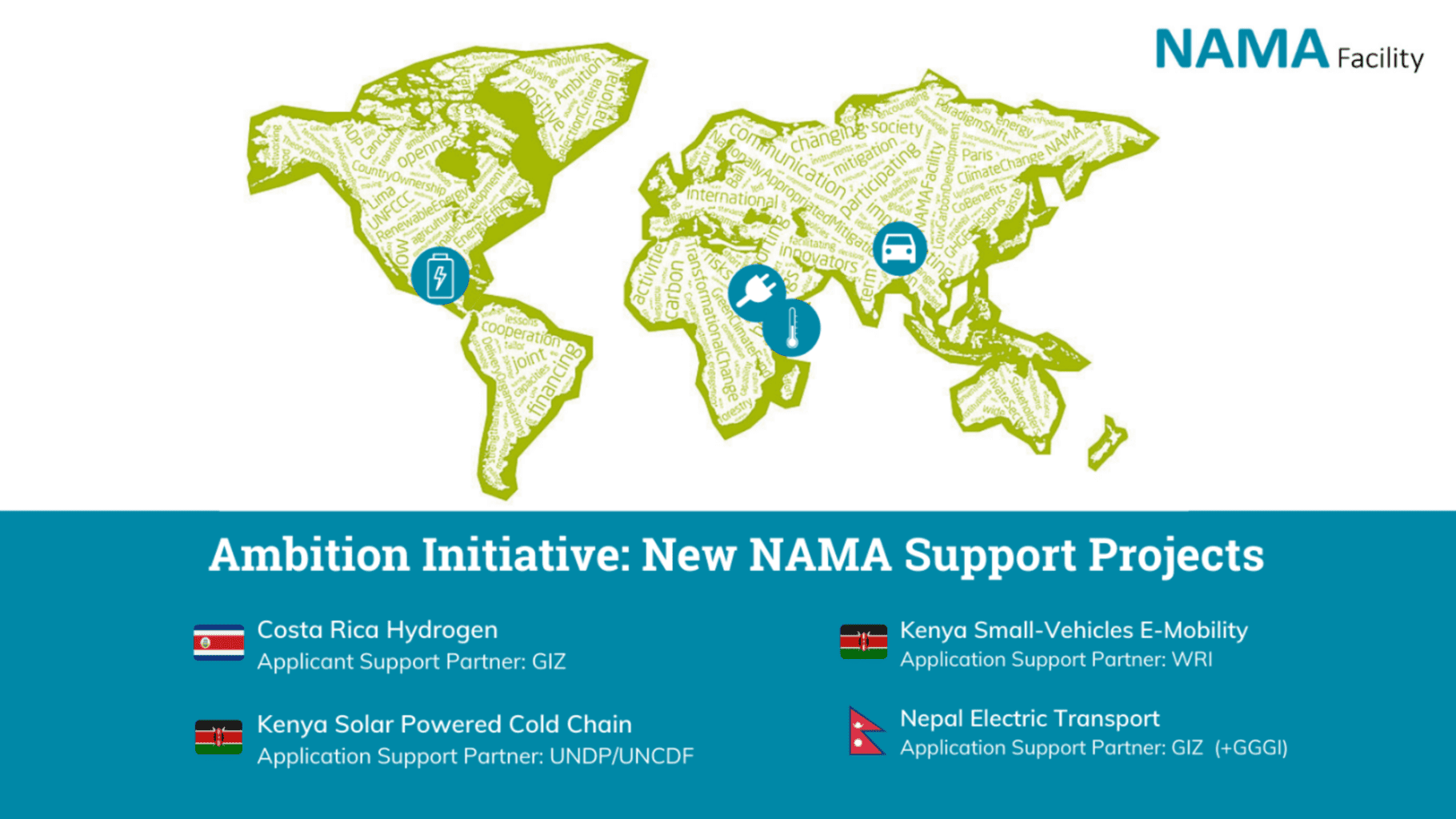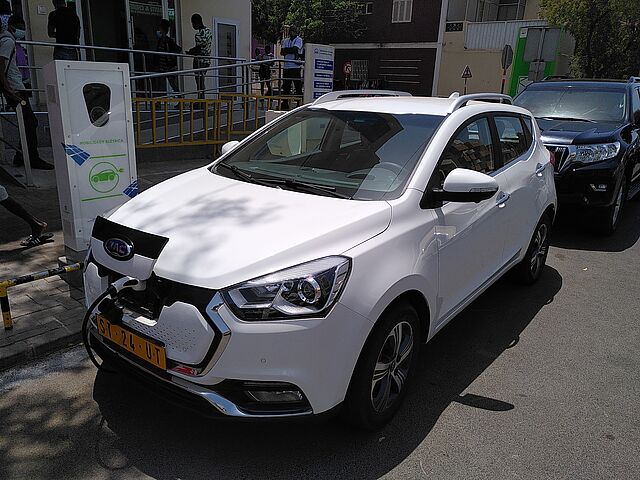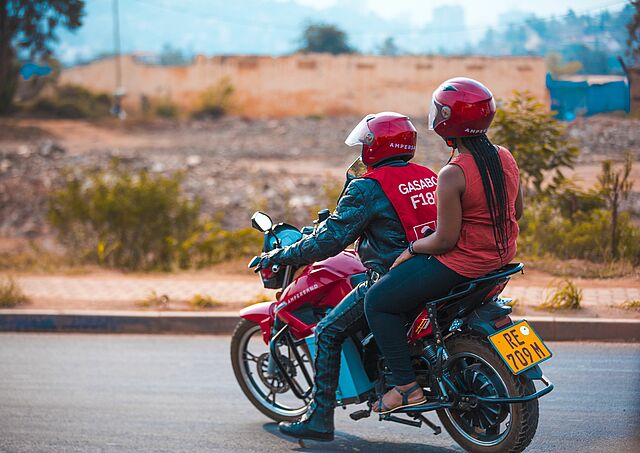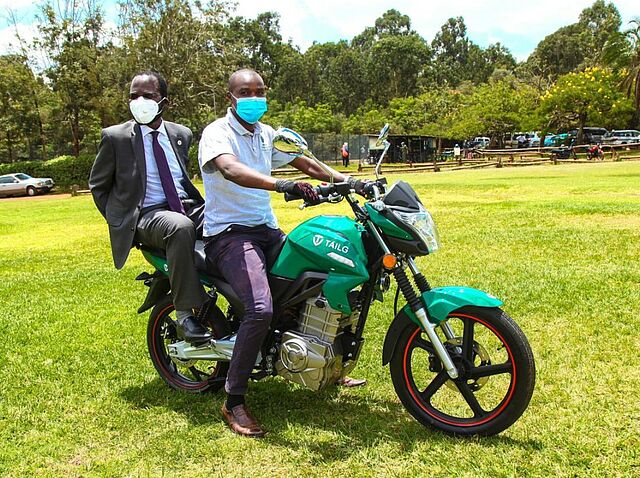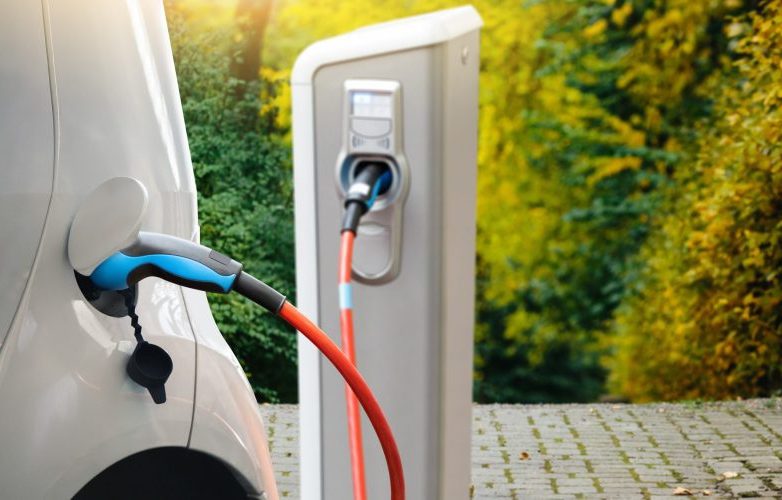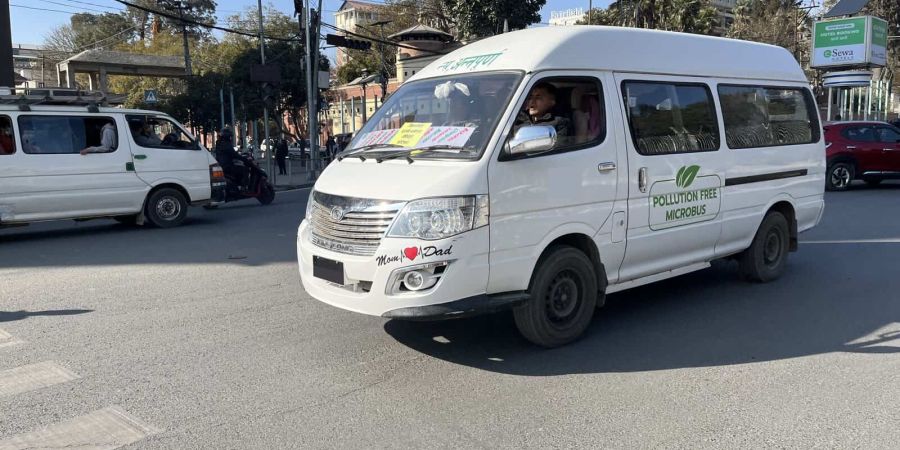
Background: The transport sector accounts for 36% of annual total greenhouse gas (GHG) emissions from the energy sector in Nepal. Widespread adoption of electric vehicles (EVs) has been recognised by the Government of Nepal (GoN) as an important priority for the transport sector and Nepal’s second enhanced Nationally Determined Contributions (NDCs) targets 20% of public transport vehicles being electric by 2025. In 2023, Nepal achieved for the first time a net annual surplus of electricity generated from hydropower.
There has been little progress in the public transport sector due to the following barriers hindering the adoption of EVs: 1) new EV technology is perceived as unknown and risky by public transport operators and banks; 2) higher upfront cost of EVs and the need for charging stations; 3) high cost of capital and challenged creditworthiness of public transport operators; 4) unstable policy, regulation and permitting.
Approach to Transformational Change: The “Sustainable Electric Transport for Nepal” (SET4NPL) project is working towards systematically removing the above mentioned barriers holding back the electrification of the public transport sector. The project will deliver a blend of business models, financial mechanisms, and technical assistance with a focus on the micro- and minibus segment in Nepal. Nationwide, public transport operators will be supported to finance and deploy 3,500 electric micro- and minibuses (EMBs) as well as public charging stations. SET4NPL will promote and strengthen widespread adoption of EVs with a focus on public transport through reforms in policy, regulation, and capacity development. To support this endeavour, a dedicated Electric Mobility Unit will be established at the national government level. Overall, the project wants to create green jobs, foster clean transport entrepreneurship, and support accessible and non-discriminatory commuting options, which are critical for economic recovery after the COVID pandemic.
As a result of the project, an estimated 85% of all new micro- and minibuses purchased in Nepal will be electric by 2030. The project will directly leverage EUR 299 million for e-mobility.
Mitigation potential: The project will directly mitigate 1.78 million tons CO2e over the lifetime of the vehicles.

